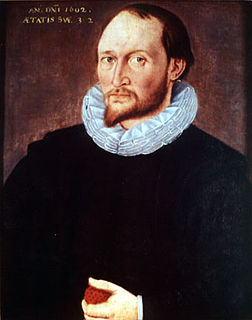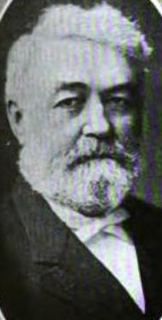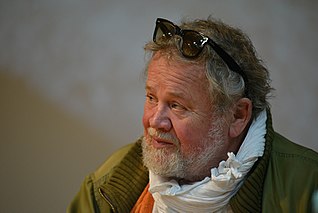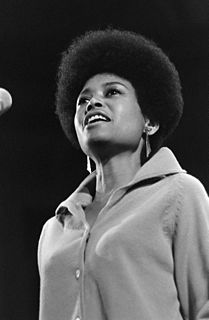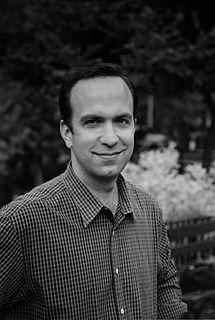A Quote by Seth Grahame-Smith
Sometimes we see the Civil War in movies and imagine these neatly aligned rows of men with muskets, walking in line to shoot each other. In reality the things that fascinated me were how absolutely ruthless and violent so many engagements were, how much suffering and how men were not prepared.
Related Quotes
I was a young feminist in the '70s. Feminism saved my life. It gave me a life. But I saw how so much of what people were saying was not matching up with what they were doing. For example, we were talking about sister solidarity, and women were putting each other down. We were talking about standing up for our rights, and women weren't leaving abusive relationships with men. There were just so many disconnects.
In my formative years the people who influenced me most were the Christian existentialists, I mean men like Munier and Kierkegaard and perhaps most of all Nicholas Berdyaev and in my travels I looked for one thing more than anything. I rarely discussed, probably mainly because of language difficulties, metaphysics with the various religious people of other groups I'd meet with. But I'd very much try to see how they were incarnated, how their particular soul was incarnated or took roots into reality.
They were not friends, Comdrade Pillai and Inspector Thomas Matthew, and they didn't trust each other. But they understood each other perfectly. They were both men whom childhood had abandoned without a trace. Men without curiosity. Without doubt. Both in their own way truly, terrifyingly, adult. They looked out into the world and never wondered how it worked, because they knew. They worked it. They were mechanics who serviced different parts of the same machine.
Television and movies were our biggest teachers. When we came to the United States, the Vietnam War was just ratcheting up. And so the Asian faces that I saw on the news, they were the face of the enemy. Asian men, particularly, were either small, ineffective, or they were evil. And those messages were deeply, deeply embedded in me for many years.
It was the easiest thing in the world for Arya to step up behind him and stab him. “Is there gold hidden in the village?” she shouted as she drove the blade up through his back. “Is there silver? Gems?” She stabbed twice more. “Is there food? Where is Lord Beric?” She was on top of him by then, still stabbing. “Where did he go? How many men were with him? How many knights? How many bowmen? How many, how many, how many, how many, how many, how many? is there gold in the village?
Many things they sawe with us as mathematicall instruments, sea compasses... spring clocks that seemed to goe of themselves - and many other things we had - were so strange unto them, and so farre exceeded their capacities to comprehend the reason and meanes how they should be made and done, that they thought they were rather the workes of gods then men.
I was repelled by the sleazy reality of the totalitarian countries: politicians were shameless. There were corruption, pollution, shoddy goods, long lines, and suicide everywhere, but the leaders kept boasting about their great achievements and bright tomorrows. I saw all this and tried to show it in my pictures as simply and straightforwardly as I could. All I wanted to do was record how all these poor people adapted to lies and suffering, how they got used to it, how, in fact they were bound to miss it when it was over.
How many boys like him were out there in the ether, holding on to their big brothers and sisters who were still alive? How many husbands were floating between life and death, clinging to their wives in this world? And how may millions and millions of people were there in the world like Charlie who wouldn't let go of their loved ones when they're gone?










